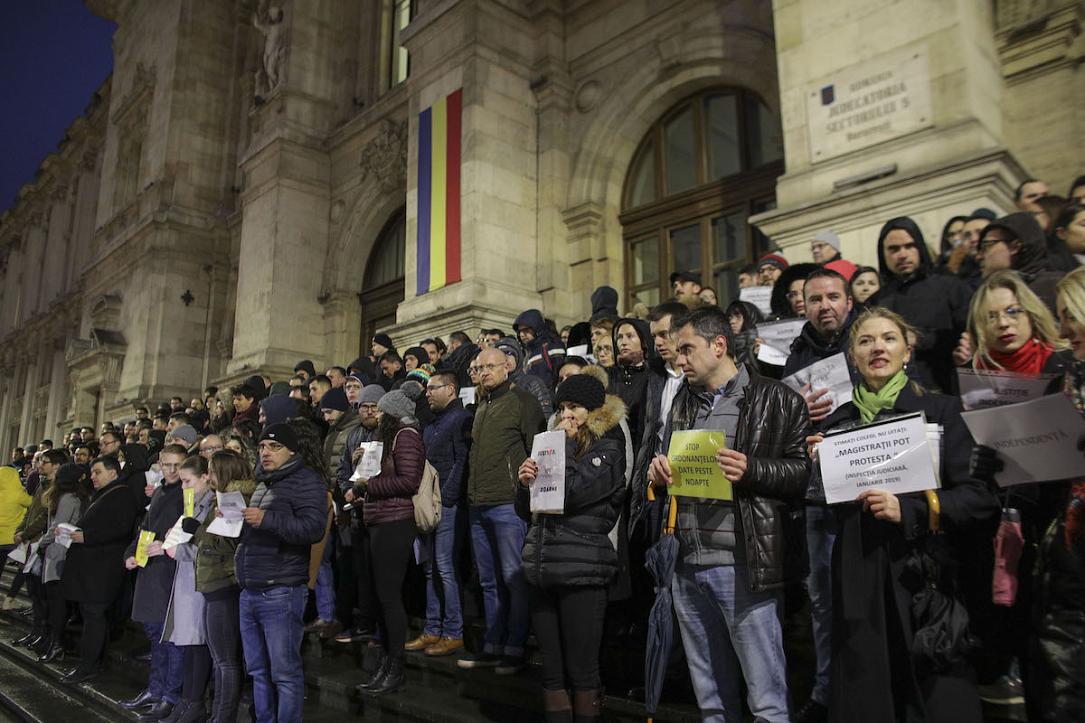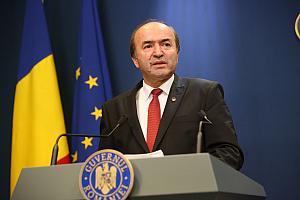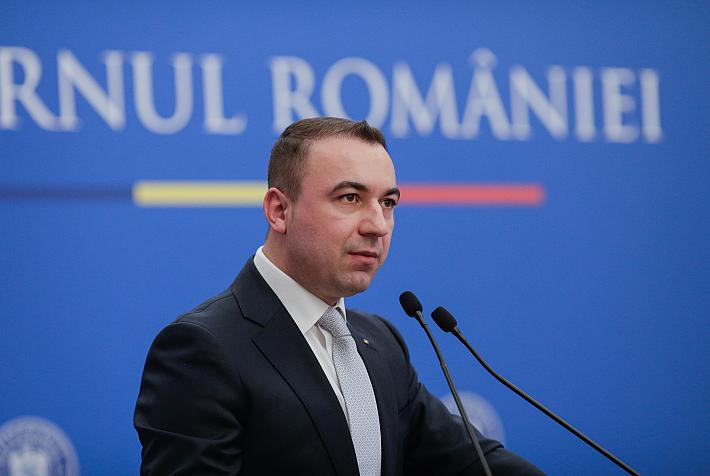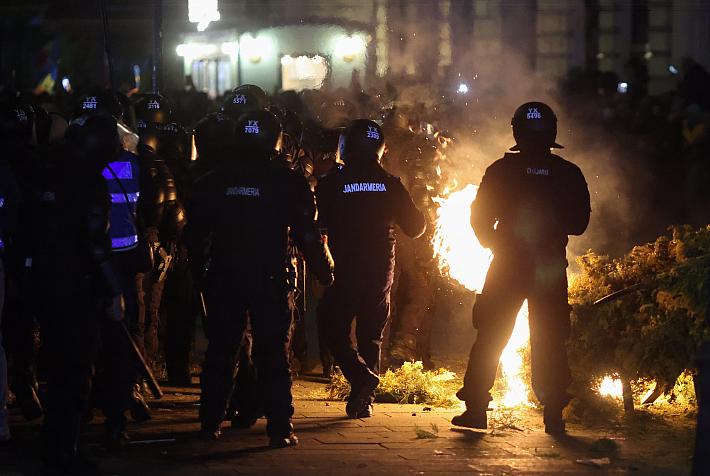Romanian prosecutors suspend activity to protest against Govt.'s new ordinance on justice

The Romanian Government's emergency ordinances that bring changes to the justice laws have determined an unprecedented wave of protests in the country's judiciary system. However, prime minister Viorica Dancila said on Monday, before a meeting with magistrates' associations and the Superior Magistracy Council's representatives, that her cabinet wouldn't give up the ordinances on justice.
Update: After the meeting, justice minister Tudorel Toader announced that the Government would remove an article from the emergency ordinance that allows judges to be appointed at the helm of top prosecution units, according to G4media.ro.
The harshest reaction against the ordinances on justice came from the Directorate for Investigating Organized Crime and Terrorism - DIICOT, one of the top prosecution units in Romania, which announced on Monday that it would suspend its activity for four hours each day (8:00-12:00), between February 26 and March 8. DIICOT will only solve emergency cases during this period.
The DIICOT prosecutors thus protest the way in which the Government adopted the fourth change to the justice laws in the last six months. "This series of substantial changes initiated over the last few months are likely to seriously impact the activity of the Superior Magistracy Council (CSM), of the Public Ministry, as well as the good functioning and the stability of the justice system as a whole, with consequences on the way the justice act is carried out," reads a point of view adopted by the general meeting of the DIICOT prosecutors, quoted by Mediafax.
Several other prosecution units across the country announced various protests and, in some local courts, judges also said they would protest against the Government's emergency ordinances. Most local magistrates' associations criticized the recently-adopted changes.
The Superior Magistracy Council (CSM), the institution that guarantees justice independence in Romania, decided on Monday to send the Government an official request to repeal the ordinance that changes the justice laws, except for those articles that came from the CSM, according to Mediafax. Justice minister Tudorel Toader said last week, after the Government adopted the emergency ordinances, that most of the changes included in them came from CSM. However, several CSM members, judges and prosecutors alike, criticized the ordinances, saying that they also included provisions that were never discussed with CSM.
One of the emergency ordinances brings several important changes in the functioning of the local justice system. One of the most controversial provisions allows the appointment of judges in top prosecutor positions, which breaches the principle of career separation, according to the magistrates. The ordinance also provides that the CSM plenum will issue opinions on the nominations for top prosecutor positions, instead of the CSM's prosecutor section, as it was until now. The Government also removed the special unit for investigating magistrates from under the authority of the general prosecutor, which means that the general prosecutor will no longer be able to block this unit's investigations if he deems them illegal or ungrounded.
The new ordinances on justice also determined street protests in Bucharest and other big cities on Sunday evening, through which thousands of people showed their solidarity with magistrates and asked the Government to repeal the ordinances.
The European Commission (EC) also reacted on Monday through its first vice-president Frans Timmermans, who sent a letter to Romanian PM Viorica Dancila expressing his disappointment that the Romanian Government didn't reveal its intentions to the EC in their recent meeting, on February 7.
"When we met on 7 February, I underlined that a full and open dialogue was the way to progress on rule of law issues in general and the Cooperation and Verification Mechanism in particular," reads Timmermans' letter. "It comes therefore as a surprise and somewhat of a disappointment that the issue of the new Government Emergency Ordinances was not raised. These issues are of direct relevance to long-standing concerns raised under the Cooperation and Verification Mechanism and endorsed by the Council of Ministers," the EC official stated, according to the document presented by G4Media.ro.
editor@romania-insider.com
(Photo source: Inquam Photos / Octav Ganea)












